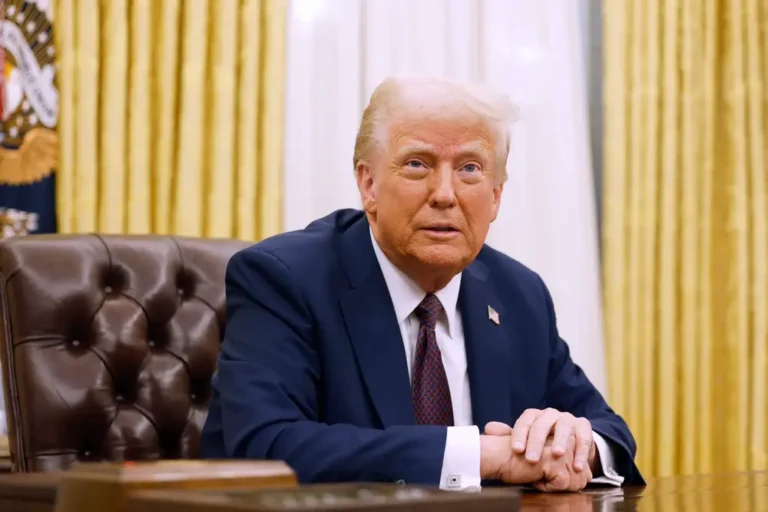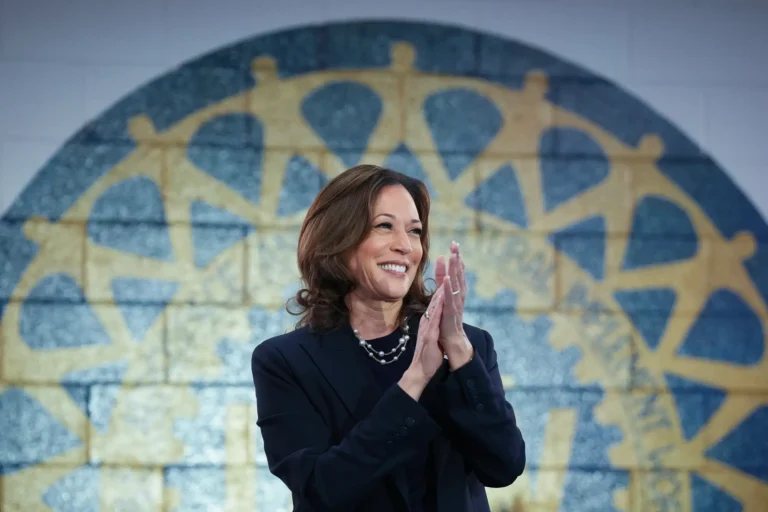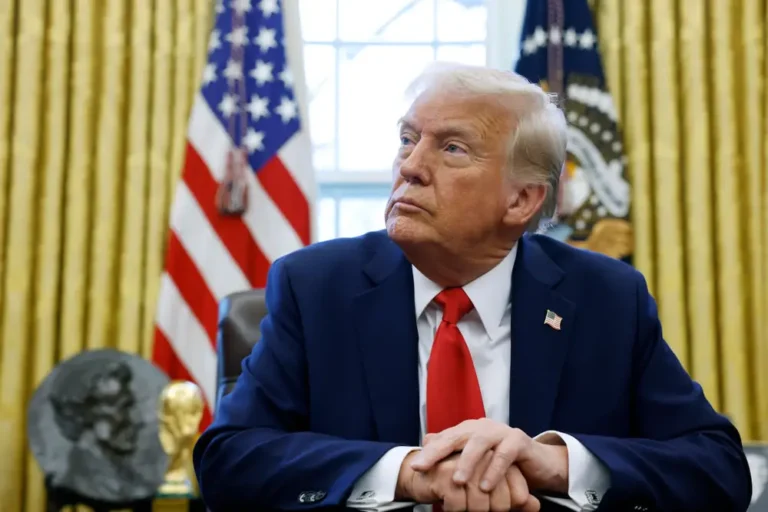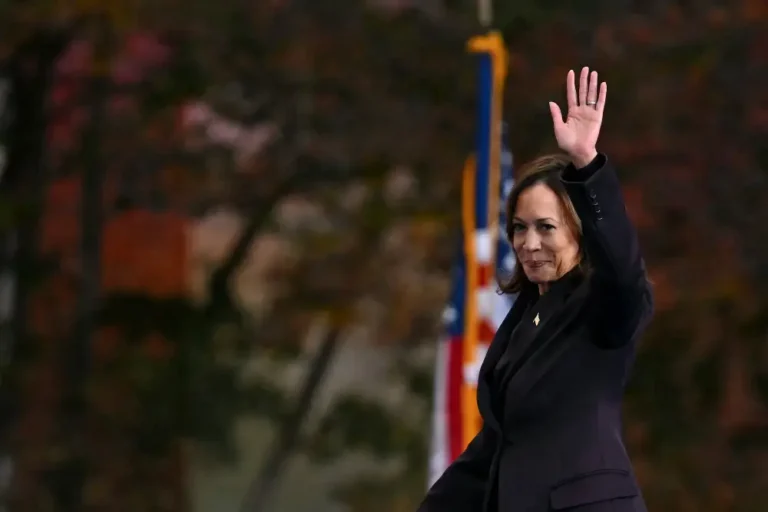Biden is dropping out. Here’s what happens next.
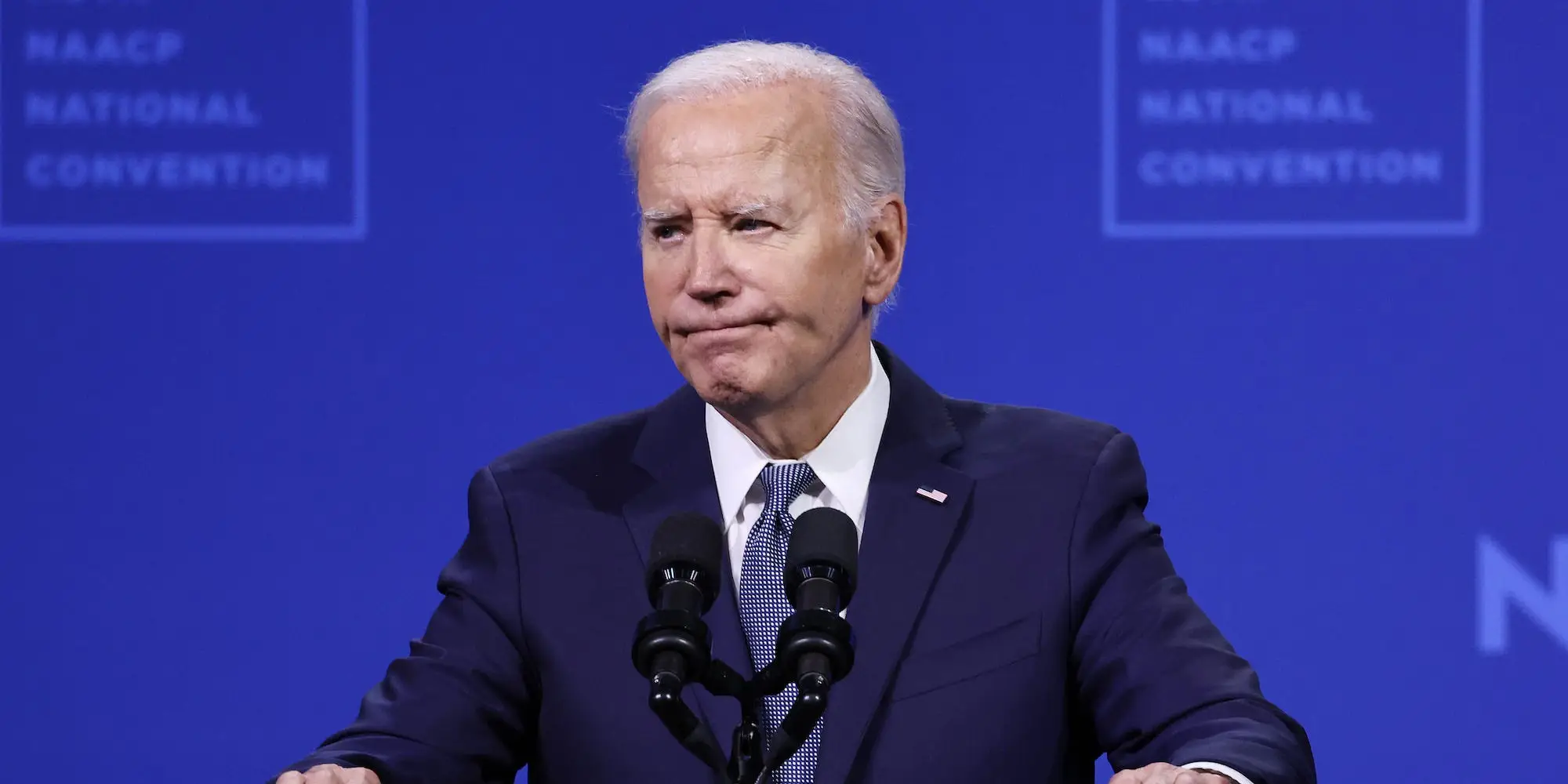
Biden’s decision to drop out of the race means the party will have just weeks to coalesce behind a new nominee.
Joe Biden is withdrawing from the presidential race.
In a letter released on Sunday, the president said that he believes “it is in the best interest of my party and the country for me to stand down and to focus solely on fulfilling my duties as President for the remainder of my term.”
Biden said he would speak to the matter further later this week.
His decision, made after weeks of growing pressure from members of his own party, throws Democrats into uncharted territory. Never before has a major party selected a new nominee so close to a general election.
Biden endorsed Vice President Kamala Harris to succeed him, saying that choosing her as his running mate in 2020 was the “best decision I’ve made.”
There will now be a lot of pressure for Democrats to fall behind Harris, though another Democratic candidate could theoretically mount a challenge.
The Democratic National Committee had planned to have a virtual roll call to determine the nominee sometime in early August, ahead of the official convention from from August 19-22 in Chicago, Illinois.
It’s unclear if that will remain the case. If not, then the new nominee will be chosen at the convention, where more than 4,000 delegates — the vast majority of which had been pledged to vote for Biden as the result of this year’s Democratic primaries — will officially select a new nominee.
Kamala Harris or an open convention?
In many ways, Kamala Harris appears to be the safest option. She’s already served as Vice President for three and a half years, is well-known to the public, and — perhaps most crucially — would be able to access the infrastructure and financial resources that the Biden campaign has spent months building up.
But some Democrats, skeptical of Harris’s chances against former President Donald Trump, have pushed for a “mini-primary” for potential nominees to make their case ahead of an open convention.
Sen. Joe Manchin, an independent from West Virginia who caucuses with Democrats, called for an “open process” to select a new nominee as he called for Biden to step aside earlier on Sunday.
Under this scenario, a whole array of potential candidates — including figures like Gov. Gretchen Whitmer of Michigan or Sen. Cory Booker of New Jersey — would have a few short weeks to win over the hearts of the delegates, who would then be free to vote for the candidate of their choice.
There’s been a lot of disagreement over this approach. While some believe it could be energizing for the party, others worry it may be divisive. Rep. Alexandria Ocasio-Cortez of New York, a firm supporter of Biden’s, has called the idea “crazy.”
Republicans will continue hammering Democrats over Biden
One thing is for sure: Even with Biden out of the race, Republicans are likely to use him to hammer Democrats.
After all, he remains the president — and his decision to withdraw also raises fair questions about his ability to serve right now.
Republicans are also likely to accuse Democrats of “covering” for Biden in the months before his disastrous debate performance, a line that many have already taken in the weeks since then.
Democrats who have called for Biden to step aside have often argued that the two questions are separate: They remain confident in his ability to serve out the remainder of his term, but don’t believe he can win.
On Sunday, immediately after Biden announced his decision to withdraw, a series of Republican politicians called on Biden to resign immediately, including Speaker Mike Johnson.
“If Joe Biden is not fit to run for President, he is not fit to serve as President,” Johnson said. “He must resign the office immediately. November 5 cannot arrive soon enough.”

